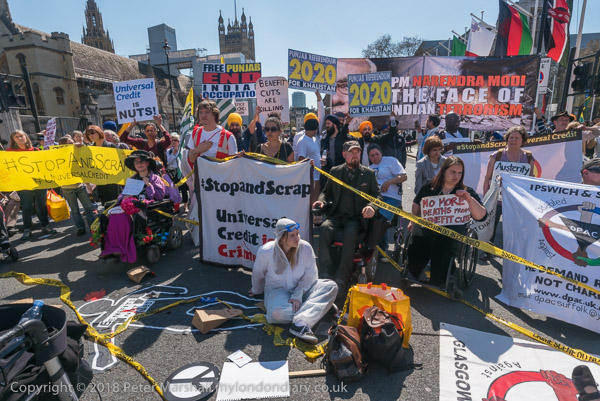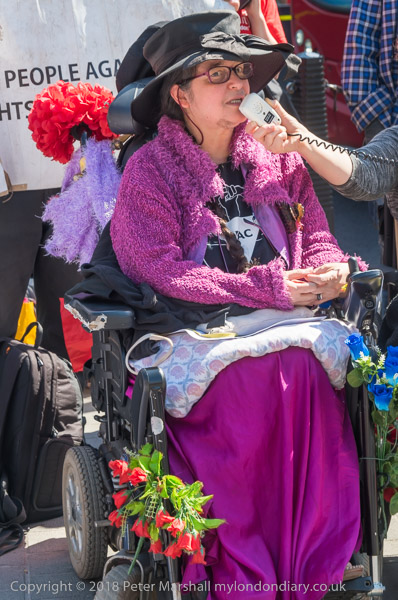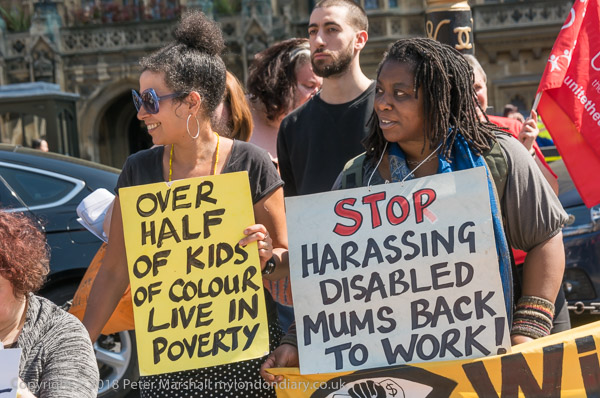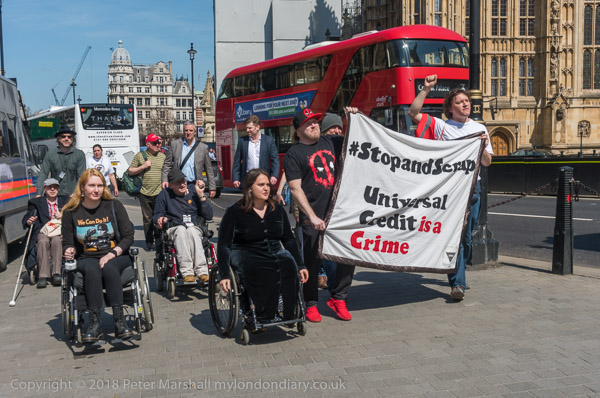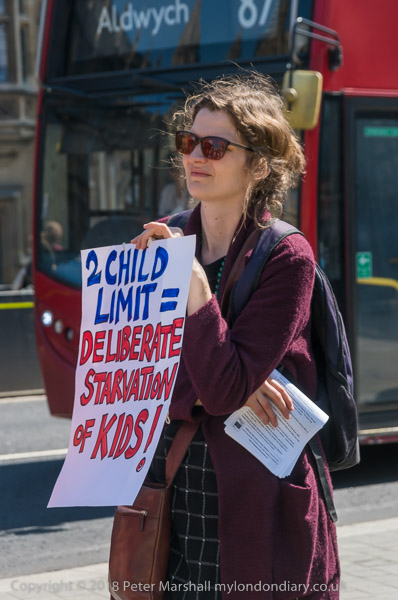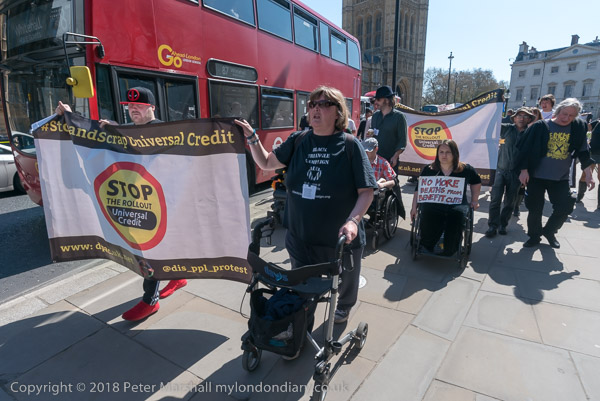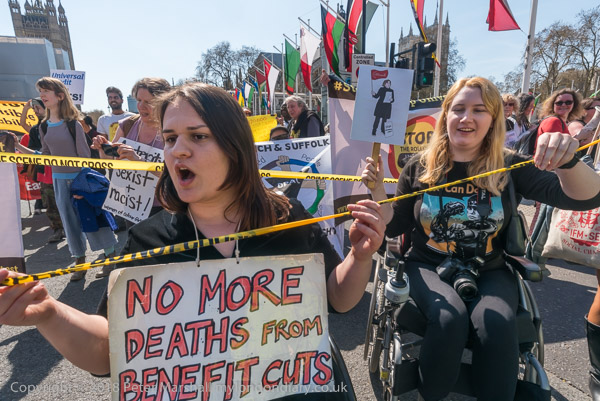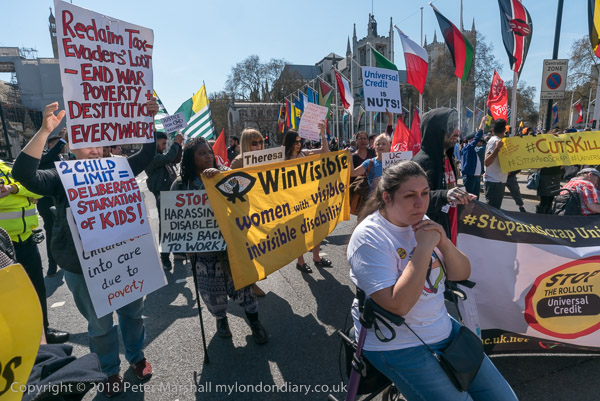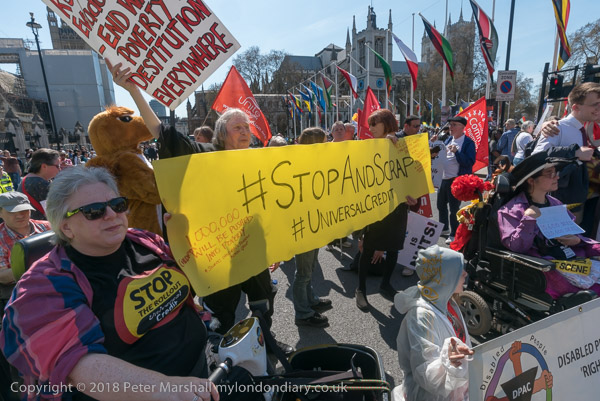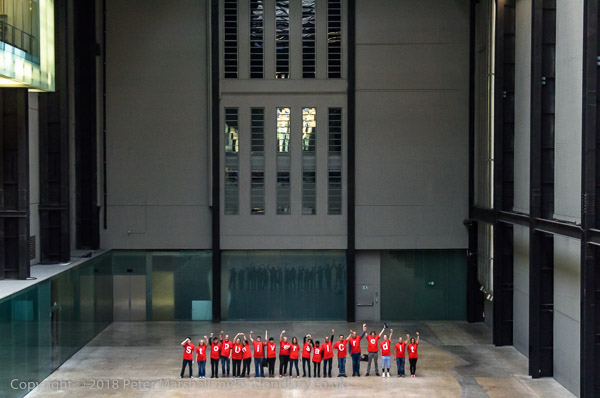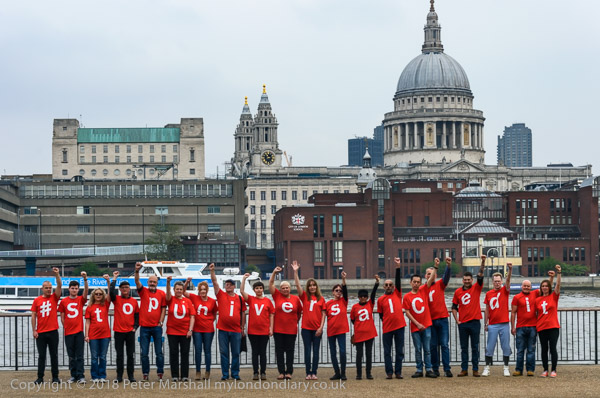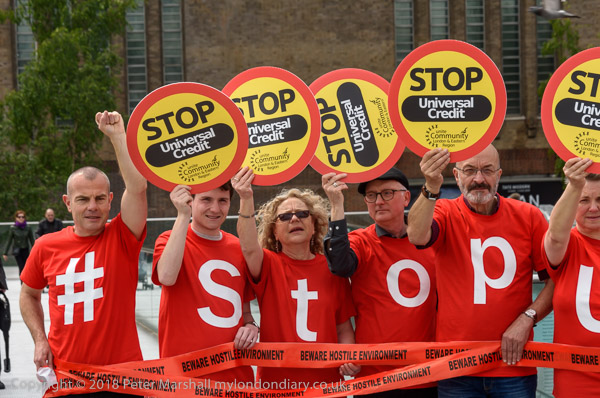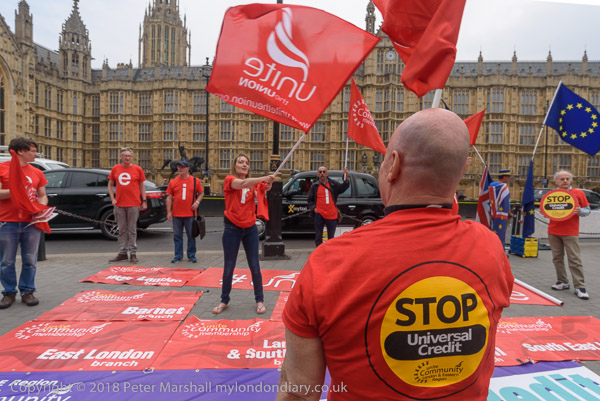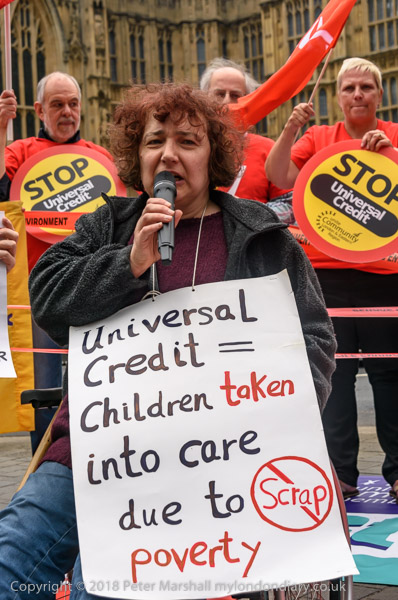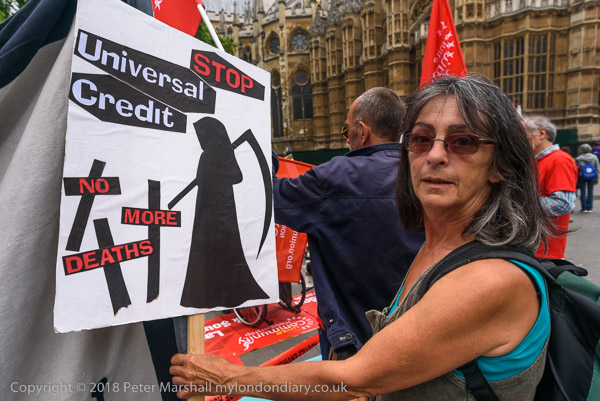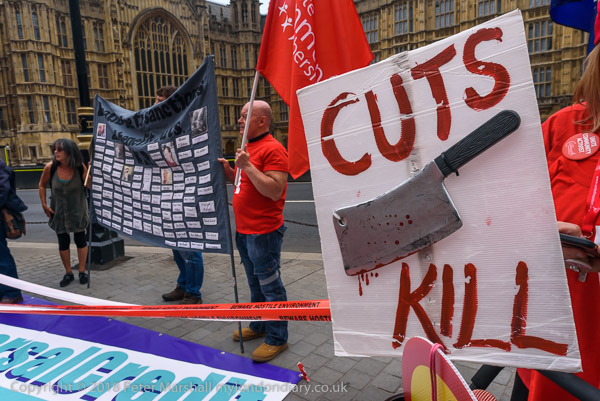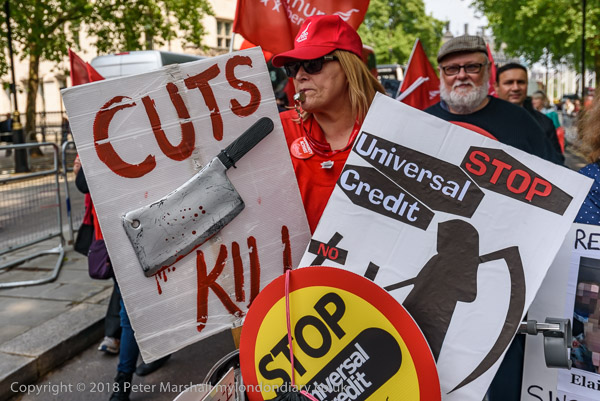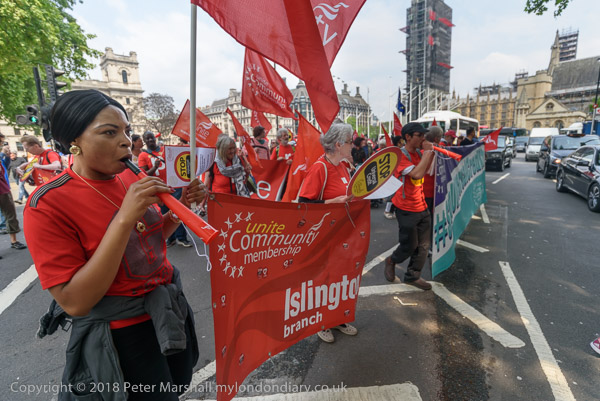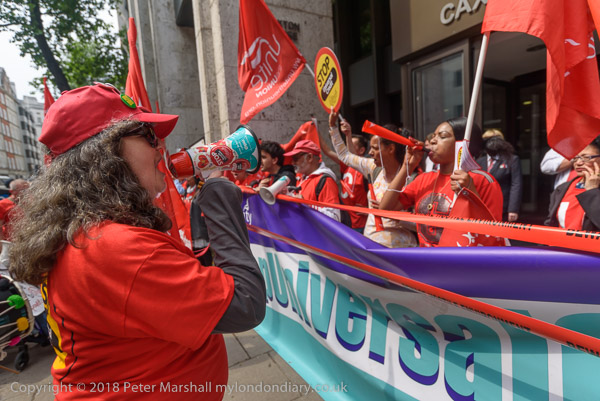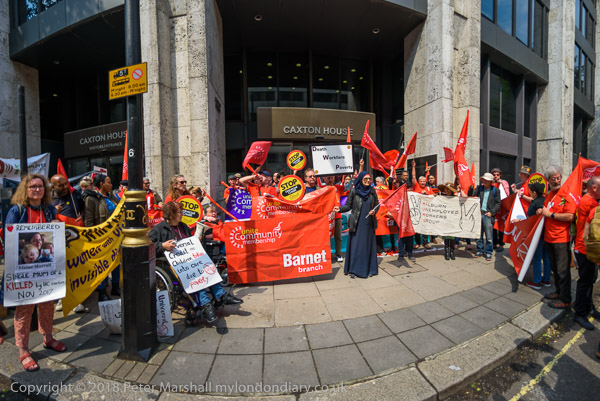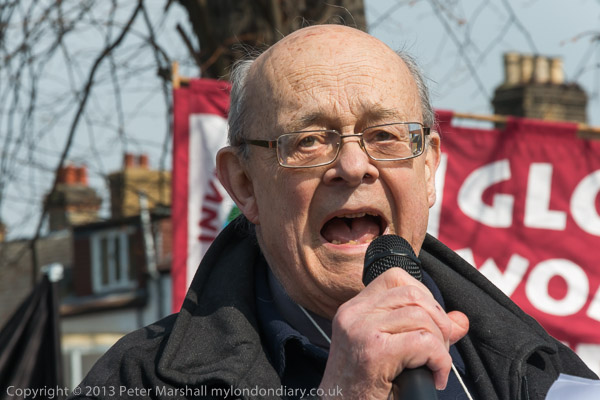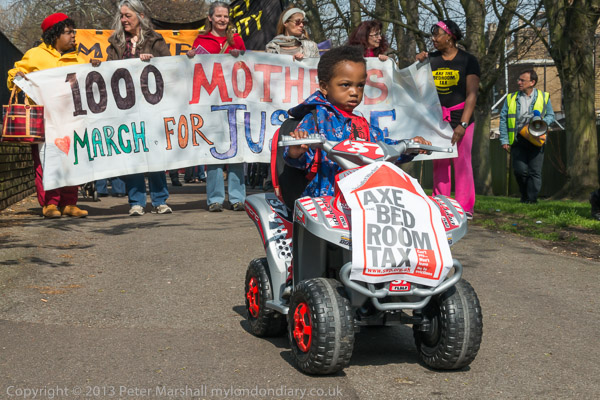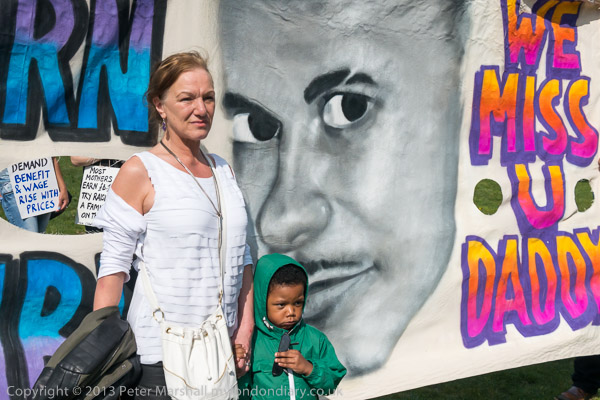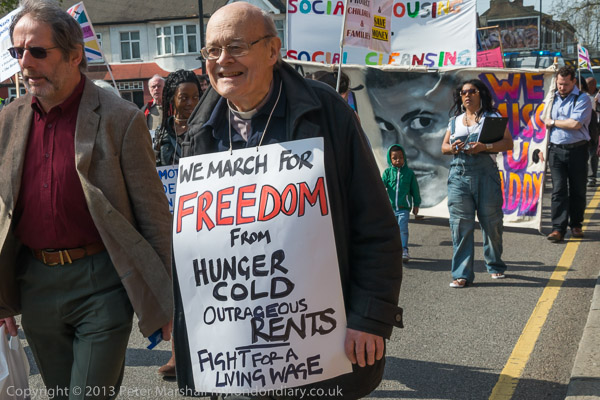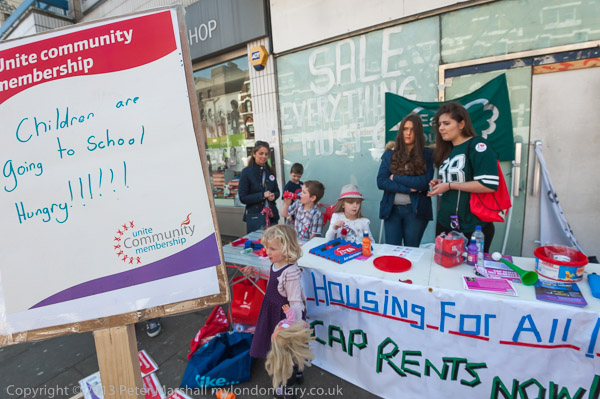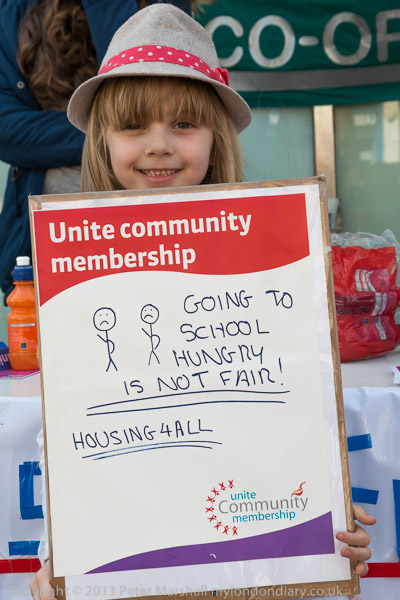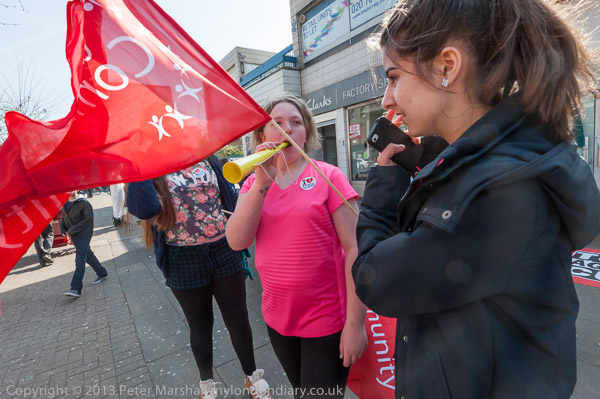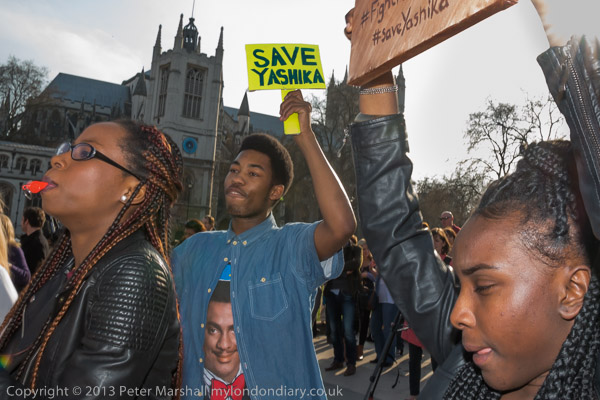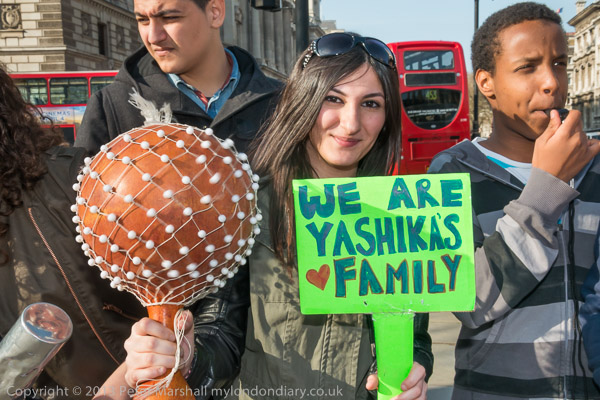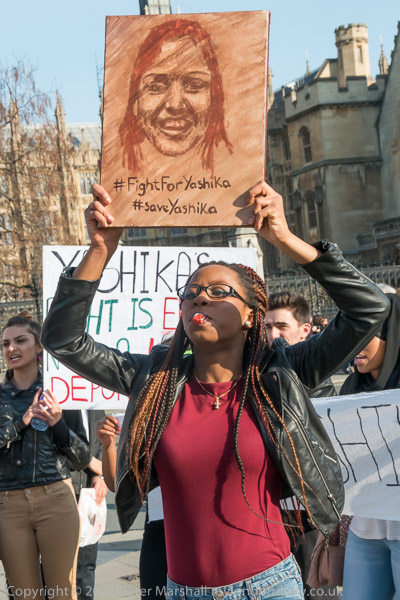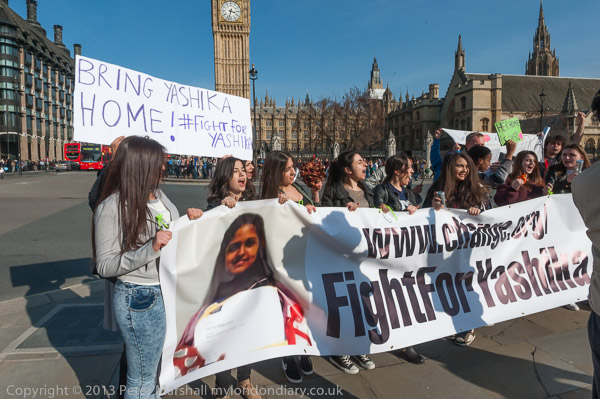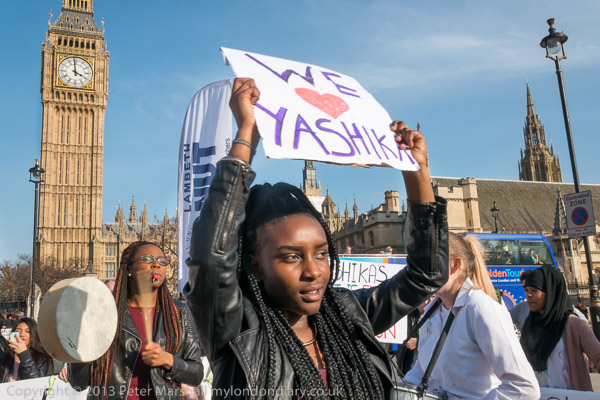People’s Assembly against Austerity 2.0: Last Saturday, 7th June 2025 the People’s Assembly had organised what they hoped would be a huge anti-austerity demonstration against Labour’s Austerity 2.0 which seems a return to the policies of the Cameron and other Tory governments, cutting spending on public services while ensuring the rich continue to get richer.

They say:
Austerity is not an inevitability; it is a political choice. By sticking to her arbitrary ‘fiscal rules,’ Rachel Reeves is plunging the country into more crisis.
By choosing to spend money on arms rather than public services, social security and our NHS, this government is actively impoverishing us. We say no – and we mean it.

Recent government announcements of a huge increase in defence spending are based on a return to the worst excesses of the Cold War and a false narrative of Russian invasion of all of Europe – something that the criminal and disastrous invasion of Ukraine when what Putin thought would be over in three days has turned into years of attrition, ruining the Russian economy, actually makes less likely.

Arms manufacturers have always played on our fears to boost their profits – and they are the only people who come out of wars as winners – both the Ukrainian people and the Russian people will end up as losers whatever the final outcome in Ukraine. And it was them and the NATO military hawks who kept up the isolation of Russia and the manipulation of politics in Ukraine and elsewhere after the fall of the USSR rather than welcoming Russia into our fold.

Already our government has drastically cut the aid budget, probably the most important expenditure to promote peace across the world, and is also planning huge cuts in benefits in an attack on the most vulnerable in our society.

It has also continued its attacks on migrants with a new Immigration White Paper which will attack our migrant communities and affect millions of migrants, continuing the racist policies of previous governments. We need migrants, particularly as our population is ageing. Those already here are making a positive contribution to our country – and would do more if we introduced safe ways for them to come here, particularly to join relatives already living here, allowed asylum seekers who can to work, recognised their qualification and made it easier for them to become British citizens. We need a positive approach to migrants rather than the increasingly hostile one.

Many on the protest came to protest about the increasing privatisation of the NHS and the failures to adequately resource it, about the cuts in education and about misguided and inadequate housing policies which have led to huge increases in rents – while making landlords wealthy. About the increases in energy prices and in prices generally which are making many poor. About the failure to abolish to two child cap on benefits which has put so many children into poverty.

We live in a country with massive inequalities and with governments that are inatroducing policies to increase these. The protest called for ‘Welfare not Warfare’, to ‘Tax the Rich’ and ‘Stop the Cuts’.

We would not need to bring in tax increases to greatly increase the amount of tax the country receives but could bring in billions by simply clamping down on tax evasion and tax avoidance. We should outlaw all those schemes that enable companies and individuals who earn money in the UK from not paying taxes. We need to change the law so HMRC would work to a simple rule – if you earn it here, you pay tax on it here – and enforce it. It would probably bring in at least another £20 billion a year.

Saturday’s protest was not the huge demonstration that the People’s Assembly had hoped for, though it was a respectable size, perhaps 3-5,000 people. The drastic and inaccurate weather forecast may have put some people off, but the many groups who backed the event only came in small numbers. Sometimes only just enough to carry their banner.

By far the largest and loudest bloc on the march was that of the Revolutionary Communist Party. Until 2024 called ‘Socialist Appeal’ it was relaunched under this new name. Back around the 1970s it was the Trotskyist Labour group ‘Militant tendency’, set up around the newspaper ‘Militant’ in 1964 and finally proscribed by the Labour Party in 1982.
Many more pictures in my Facebook album Welfare Not Warfare, Stop The Cuts March.
Flickr – Facebook – My London Diary – Hull Photos – Lea Valley – Paris
London’s Industrial Heritage – London Photos
All photographs on this page are copyright © Peter Marshall.
Contact me to buy prints or licence to reproduce.
